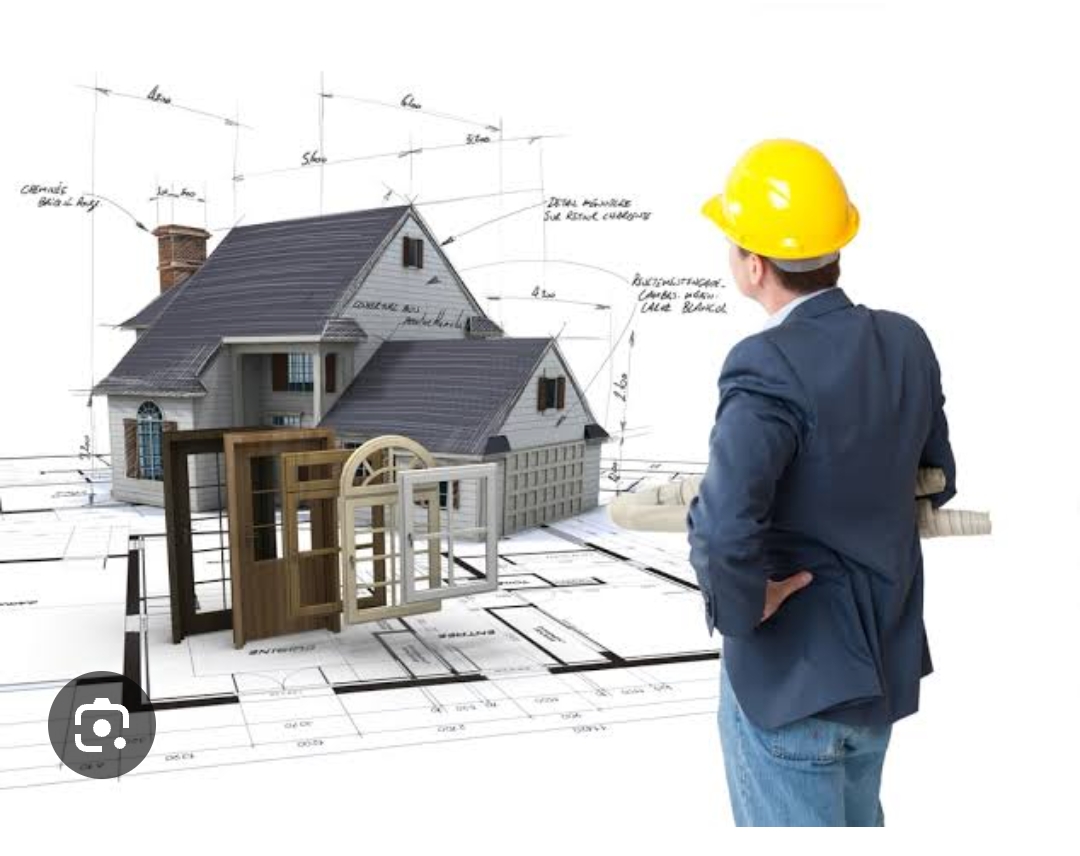Deciding to build a custom home allows future homeowners to tailor every aspect of their residence to their personal preferences, ensuring it reflects their vision. However, this significant investment involves challenges such as budgetary constraints and timeline delays. Understanding the pros and cons is crucial for navigating this complex but rewarding process.
Pros of Building a Custom Home
Building a custom home offers a suite of benefits that may not be immediately apparent. From the liberty to craft a dwelling, uniquely suited to your lifestyle, to the long-term financial advantages, the case for custom building is compelling.
Design Customization
The most obvious advantage of building a custom home is the unprecedented level of design customization it affords. From the layout and flow of the interior space to the architectural style and materials, every detail is at your command. If you’ve always envisioned a rooftop garden, a home theater, or a spacious home office with a view, this is your chance to bring those dreams to life.
Location Flexibility
With a custom home, you’re not limited to existing neighborhoods or development lots. If you’ve found a picturesque plot of land nestled beside a serene lake, atop a hill with a breathtaking vista, or in a bustling urban center, you can make it the setting for your home. Your custom home can serve as an extension of your lifestyle, whether you’re seeking solitude in nature or the vibrant pulse of city life.
Energy Efficiency
Custom homes can be far more energy-efficient than their standard counterparts. From the blueprints, you can incorporate the latest in green technologies, such as solar panels, geothermal heating and cooling, and energy-saving appliances. Building a home with a high energy efficiency rating not only minimizes your carbon footprint but also reduces long-term energy costs.
Lower Maintenance Costs
New, custom-built homes generally require fewer immediate repairs and replacements than older homes. This can lead to lower maintenance costs in the first few years of ownership. Plus, with all the components of your home being brand new and under warranty, you can enjoy peace of mind knowing that any unexpected issues will likely be covered by the builder.
Increased Resale Value (potential)
In the long run, a well-constructed custom home can offer significant resale advantages over a mass-produced home. The personalized features and modern amenities are attractive selling points, especially to buyers who value uniqueness and quality. While it’s not a guarantee, a custom home often commands a premium price in the market.
Cons of Building a Custom Home
Despite the allure of a home tailored to your every need, the custom building process comes with its fair share of challenges.
Time Commitment
Building a custom home is a time-consuming process. From designing the blueprints to obtaining permits and eventually finishing the construction, the timeline can stretch over a year or more. If you’re on a tight schedule or need to move in quickly, this may not be the ideal path for you.
Higher Costs
Custom homes can be significantly more expensive than pre-existing or spec homes. The cost per square foot of custom building is often higher due to the specialized craftspeople, unique materials, and personalized design features. You’ll need to carefully budget and potentially make trade-offs to prevent costs from spiraling out of control.
Finding the Right Builder
The success of your custom home project is heavily reliant on the expertise of your builder. Finding a trustworthy and skilled contractor who understands your vision is a daunting task. You’ll need to conduct thorough research, check references, and possibly interview multiple builders before finding the right fit.
Delays and Unexpected Issues
Construction projects, by their nature, are prone to delays and hiccups. Weather, material shortages, or personnel changes can all push back your move-in date. Additionally, custom designs might finally reveal unsuspected engineering challenges or regulatory hurdles that can prolong the waiting game.
Lack of Mature Landscaping
One of the downsides of a new custom home is the absence of mature landscaping. A garden takes time to flourish, and newly planted trees and shrubs won’t provide the same level of privacy or aesthetic appeal as those that have grown over years in established homes.
Conclusion
Building a custom home offers the chance to live in a space that reflects personal style and aspirations, though it requires significant investment and comes with challenges. The choice of builder is crucial, and Paragon Builders stands out by offering expertise, reliability, and a commitment to quality, ensuring the homeowner’s vision is realized. With a focus on energy efficiency, aesthetic details, and sustainability, Paragon Builders prioritizes communication, craftsmanship, and customer satisfaction, making the custom home-building process smoother and more rewarding.

